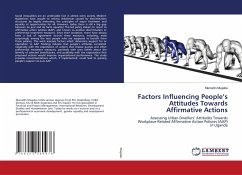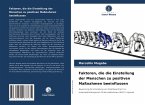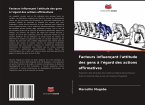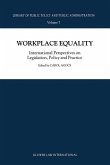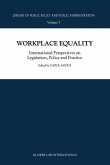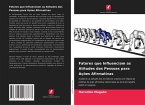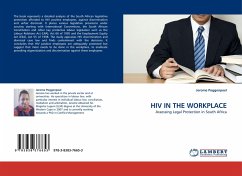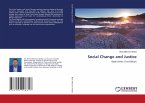Social inequalities are an undeniable fact in almost every society. Modern legislations have sought to redress imbalances caused by discriminatory structures by legally endorsing the principles of equal treatment and equality of opportunities for all. However, today there is still a big gap between de jure and de facto equality! This led policy makers to resort to affirmative action policies (AAP), also known as positive discrimination or preferential treatment measures. Since their inception, there have always been a lack of agreement vis-à-vis these measures, including, most surprisingly, among the very people who are supposed to benefit from those policies. This work assesses factors which determine support for or opposition to AAP. Findings indicate that people's attitudes correlated negatively with the expectation of actions that impose quotas and other preferential treatment measures, positively with own beliefs about the identify of selected beneficiaries, and positively with the expectation that proposed actions would improve organizational performance. The study provides recommendations which, if implemented, could lead to gaining people's support vis-à-vis AAP.

